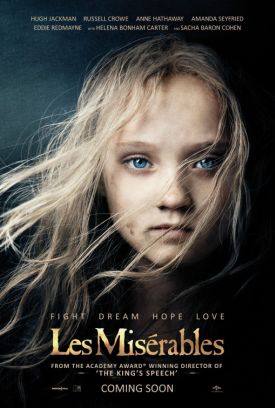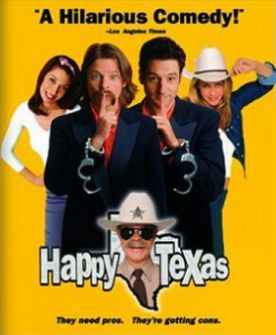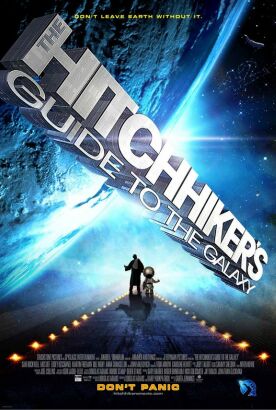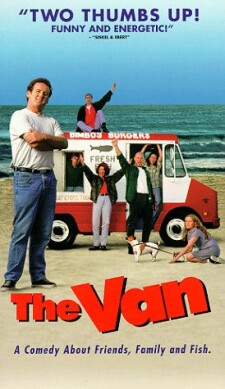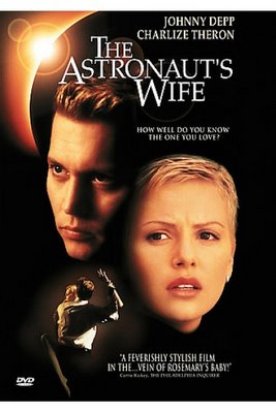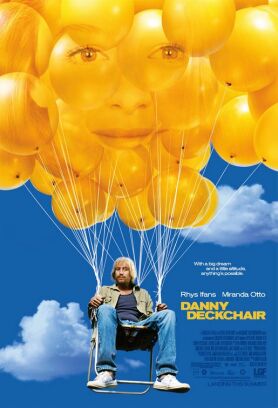Misérables, Les
It’s a pity that, culturally, we seem to have closed the book on melodrama. The Wikipedia entry for the word states flatly that “Melodrama has left the Western scene in television and movies,” although it is said to be “still widely popular in other regions, particularly Asia.” I think they might have Bollywood in mind. Here, however, the word has lately become nothing but a critical pejorative for something that we don’t like, or that is seen as old-fashioned in its moralizing. When the word is used, it is used without any non-normative, descriptive meaning independent of the critical impulse. Readers with long memories may recall my review of Giuseppe Piccioni’s wonderful movie Fuori dal Mondo (Not of this World) of 1999 which marveled at a New York Times critic’s use of “melodrama” to describe something about as little like a melodrama as it is possible for a movie to be, just because he didn’t like it. Yet what is the enormously popular Les Misérables but a melodrama in its most traditional sense?
That is to say, it is a drama with music — and music throughout — which is used to express highly-wrought emotion in a radically simplified moral context wherein the good — who are characteristically in a state of imminent peril — are very, very good and the bad — who are characteristically predatory or threatening vis á vis the good — are very, very bad. Just setting it out in this descriptive way, if you didn’t know what was being described, makes it sound as if it were bound to be a critical flop, yet “Les Miz,” the movie, has been mostly as highly praised as its now 30-year-old stage version, and it has been nominated for a Best Picture Oscar. The condition for this praise is therefore, presumably, that we should not call it a melodrama but a pop opera or some such thing.
I think that, despite some moments of soaring melody by Claude-Michel Schönberg, this isn’t quite accurate. Here the music is mostly incidental to the drama instead of the other way around, as it would be in opera, which proceeds from one emotional high point, musically expressed, to another. Les Misérables is really just one emotional high-point sustained for more than two-and-a-half hours in which the music and the drama are as inseparable and indistinguishable from each other as the misérables themselves, who are recognizable to us only by their suffering. Nothing remains of their humanity but that — together with the compassion it elicits from the movie’s saint-like hero, Jean Valjean (Hugh Jackman), and the political impetus it gives to a group of revolutionary youths in opposing the Orléanist monarchy of King Louis Philippe.
It’s been a long time since I read Victor Hugo’s novel on which both the stage and screen versions of Les Misérables were based, but I don’t remember its being such an emotional wallow as this is. As I recall, you could stand back from the narrative and consider rationally, if with a touch of skepticism, the portrait of French society in the first half of the 19th century that it presented, as well as the spiritual odyssey of the hero, which lasted more or less throughout the novel’s many hundreds of pages. Mr Jackman’s Jean Valjean gets his odyssey out of the way in the first half hour and thereafter has only to go about performing deeds of compassion to the miserable. All very admirable, of course, but a bit boring as well. I also seem to remember rather more inward moral struggles, suggesting that his goodness did not come to him quite so easily and naturally as it does here, but perhaps I am imagining that.
I also think I remember Hugo’s Inspector Javert, Valjean’s nemesis and the unbending representative of justice and the law, as a more interesting and sympathetic character than the Javert played by Russell Crowe in the movie. The latter’s fate makes no sense because the conflict within him, mirroring that within Valjean, has been neglected up to that point, perhaps as being out of keeping with the moral simplicities the film prefers to deal in. And if there is no more to be said for les Thénardiers (Sacha Baron Cohen and Helena Bonham Carter) in the movie than in the novel, neither do they appear in the latter as the comic grotesques they are here. Instead, there was something almost heroic about their unremitting evil, which suggested that Hugo took it more seriously than his adapters do.
I was moved at times by Anne Hathaway’s Fantine and Mr Jackman’s Valjean, by the sacrifice of Éponine (Samantha Barks) and the love of Cosette (Amanda Seyfried) and Marius (Eddie Redmayne) — enough to be glad to have seen the movie but not so much as to make me enthusiastic about it. The worst fault I have to find is that, unlike the novel, the movie is completely unpersuasive about the politics of the revolutionaries. The implication of the finale, in particular, that the heavenly kingdom which we know to be Valjean’s final destination and the revolutionary utopia are one and the same is unfortunate, to say the least. That is a mistake I’m pretty sure Victor Hugo did not make. But then, although never a revolutionary myself, perhaps I was more susceptible to the romance of the revolutionary struggle in my 20s than I have since become. Or maybe that’s just another way of saying that I find all this emotional flag-waving more melodramatic and therefore overblown than I would have found it in my youth.
Discover more from James Bowman
Subscribe to get the latest posts to your email.

